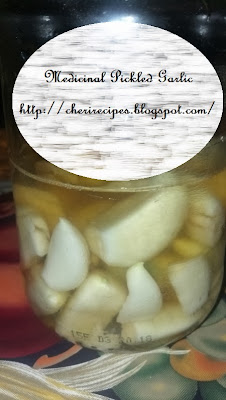So where did Halloween come from?
For thousands of years people have been celebrating different holidays and festivals at the end of October. The Celts celebrated it as Samhain (pronounced "sow-in", with "sow" rhyming with cow). The Irish English dictionary published by the Irish Texts Society defines the word as follows:
"Samhain, All Hallowtide, the feast of the dead in Pagan and Christian times, signalizing the close of harvest and the initiation of the winter season, lasting till May, during which troops (esp. the Fiann) were quartered. Faeries were imagined as particularly active at this season. From it the half year is reckoned. also called Feile Moingfinne (Snow Goddess).(1) The Scottish Gaelis Dictionary defines it as "Hallowtide. The Feast of All Soula. Sam + Fuin = end of summer."(2) Contrary to the information published by many organizations, there is no archaeological or literary evidence to indicate that Samhain was a deity. The Celtic Gods of the dead were Gwynn ap Nudd for theBritish, and Arawn for the Welsh. The Irish did not have a "lord of death" as such.
The information on Samhain is from Rowan Moonstone's The Origins of Halloween.
(1) Rev. Patrick Dineen, "An Irish English Dictionary" (Dublin, 1927), p. 937 (2) Malcolm MacLennan,
"A Pronouncing and Etymological Dictionary of the Gaelic Language" (Aberdeen, 1979), p. 279
The Celts believed that every year on the last day of October, the souls of the dead visited the earth.
When the Romans conquered the Celts in the first century A.D., they added parts of their festivals, Feralia and Poloma to the tradition. Feralia was a festival to honor the dead and Poloma was a harvest festival named after the goddess of fruit (apples) and trees.
Around the eighth century, the Christian church made November 1 All Saints' Day to honor all of the saints that didn't have a special day of their own. Over the years these festivals combined, the mass held on All Saints' Day was called Allhallowmas (the mass of all Hallows -- saintly people). The night before was known as All Hallows Eve. Eventually this name became Halloween.
In the 1800s, as a lot of people emigrated to the U.S., the holidays and traditions of different cultures merged. Halloween was not always a happy time. October 31, or the night before took on other names. Some called it Devil's or Hell night, to others it was mischief night. To some people this became a time to play tricks on others. Some of these tricks were not fun at all. Luckily, community groups and individuals took action and started to change Halloween into a family event. Dressing up in costumes and going "trick or treating" (going to houses, knocking on the door & asking for small treats or toys), costume parades, community parties and Fall festivals are some of the ways that Halloween is celebrated today.
The costumes are thought to have originated with the belief that the dead walked the earth on All Hallows Eve, and the dead would not recognize the living if they were dressed as if they were demons, witches or other appropriate beings. Today, costumes are worn for fun, and range from the delightful to the frightful!
Other countries have different Fall festivals to honor the deceased.
The Festival of the Dead is one of the most important happenings in both Palermo and the rest of Sicily. The second of November is a festival day for the children of Palermo as, according to tradition, they were made to believe that their dead relatives would return the night before and leave them traditional sweets and cakes on the table (Martorana fruit, which is almond paste made into the shape of different fruit). They would also receive puppets of boiled sugar and toys. It's one way of keeping the memory of their dead relatives and loved ones alive. (from the neomedia Web site)
In Mexico they celebrate El Dia de los Muertos or the Day of the Dead.
Although celebrated in all Catholic countries as All Saints' and All Souls' Days, surely no other peoples have embraced the festival of The Day of the Dead to the extent that the Mexicans have. The celebration begins on the evening of October 31, so the name Los Dias de los Muertos is also often used. This festival is considered by many to be the most important holiday of the year in Mexico.



Comments
Post a Comment
Remember if You can't say something nice, don't say anything at all.